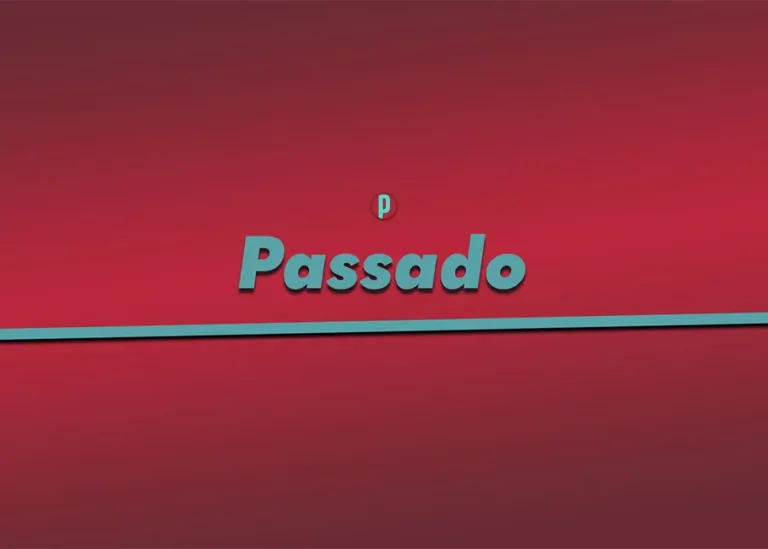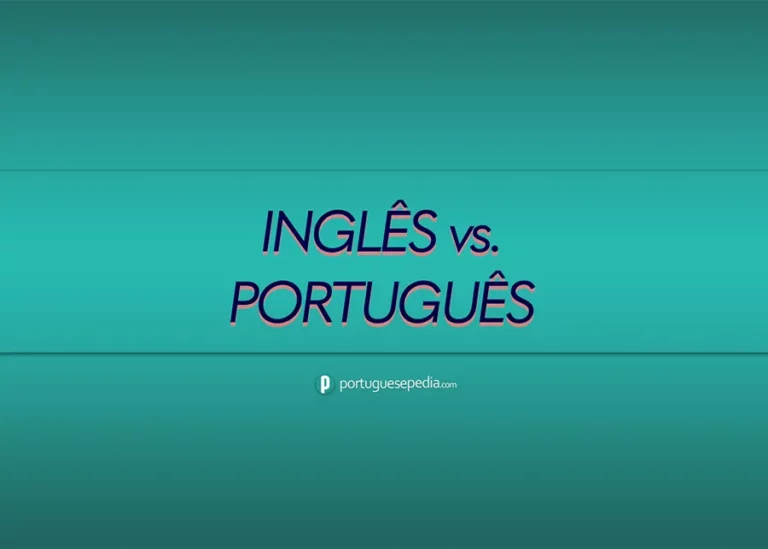
Personal Infinitive in Portuguese (Infinitivo Pessoal)
The Personal Infinitive (Infinitivo Pessoal) is unique to Portuguese and commonplace. There’s no parallel in other languages and learners of Portuguese often struggle to wrap their heads…

Portuguese Question Words
Intrepid language learners start using Portuguese nearly from day one. I love the attitude and hope you are one of them. Besides bravery, to keep conversations going…

Portuguese Verbs Ser vs. Estar: How and When to Use Either
In Portuguese, there are two To Be verbs: Ser and Estar. Not fully understanding their differences, language learners will often hesitate between using one or the other.…

Portuguese Yes-or-No Questions
In Portuguese specifically, yes-or-no questions look the same as declarative sentences, that is, the word order is kept unchanged. A few examples: DeclarativeTu estás no Porto. You are…

Portuguese Irregular Verbs Students Need to Learn as Soon as Possible
Have you noticed that some of the most frequently used verbs in Portuguese happen to be irregular? These verbs are not only high-frequency but they also tend…

Portuguese Verb Tenses and Moods Explained: A Usage Rundown Anchored to English
With so many conjugations, Portuguese verbs are a hard-to-chew bit for anyone learning the language, especially for those not acquainted with any Romance language from before. Now,…

Future Tense in Portuguese
In Portuguese, as in English, the Future tense is normally used to refer to actions that haven’t yet taken place. In what follows, I will walk you…

Passive Voice in Portuguese
Passive voice – as opposed to Active voice – highlights the recipient that is acted upon by the agent of the verb. Accordingly, the recipient of the…

Poder vs. Conseguir in Portuguese – Tease Them Apart
Portuguese language learners often struggle to discern between Poder and Conseguir, not least native English speakers or anyone using English as a reference since Can usually encompasses…

Portuguese Modal Verbs
Modal verbs help us convey things like necessity, possibility, certainty, doubt, and ability. We use them all the time. You’d agree that the English sentences You must…

Portuguese Perfect vs. Imperfect Tense: Know When to Use Either
The Portuguese Perfect and Imperfect past tenses (aka Pretérito Perfeito and Pretérito Imperfeito in Portuguese) are often a headache for language learners whose native tongue doesn’t make…

Portuguese Past Tenses – Usage Rundown Anchored to English
In this article, we will take a look at the Portuguese equivalents of the English Past Simple, Past Continuous, and Past Perfect tenses. Past Simple Preterite –…

Portuguese Regular Verbs in the Past Tense
Let’s look at Portuguese regular verbs and conjugation patterns in the Past tense – both Preterite and Imperfect conjugations (aka Pretérito Perfeito and Pretérito Imperfeito). As you’ll…

The Portuguese Verb Fazer
The Portuguese verb Fazer means different things depending on the context. Depending on the context, its English equivalent can be Make, Do, or Take. Additionally, there are…

Portuguese Grammar Compared to English
As you start your Portuguese learning journey, you might wonder about how different Portuguese grammar is from its English counterpart. Portuguese and English grammars are fairly relatable…

Forming the Plural in Portuguese
In Portuguese, not only nouns are spelled differently according to number (singular/plural), but also words belonging to other word classes such as adjectives, demonstratives, or possessive pronouns.…

Falar vs. Dizer vs. Contar in Portuguese
Portuguese language learners often wonder about the difference between the verbs Falar, Dizer, and Contar. While they can sometimes be used interchangeably, certain contexts will call for…

Portuguese Prepositions and Contractions
In general, prepositions have an infamous reputation among language learners. Judging by all the whining and moaning I’ve heard from students throughout the years, Portuguese prepositions are…
